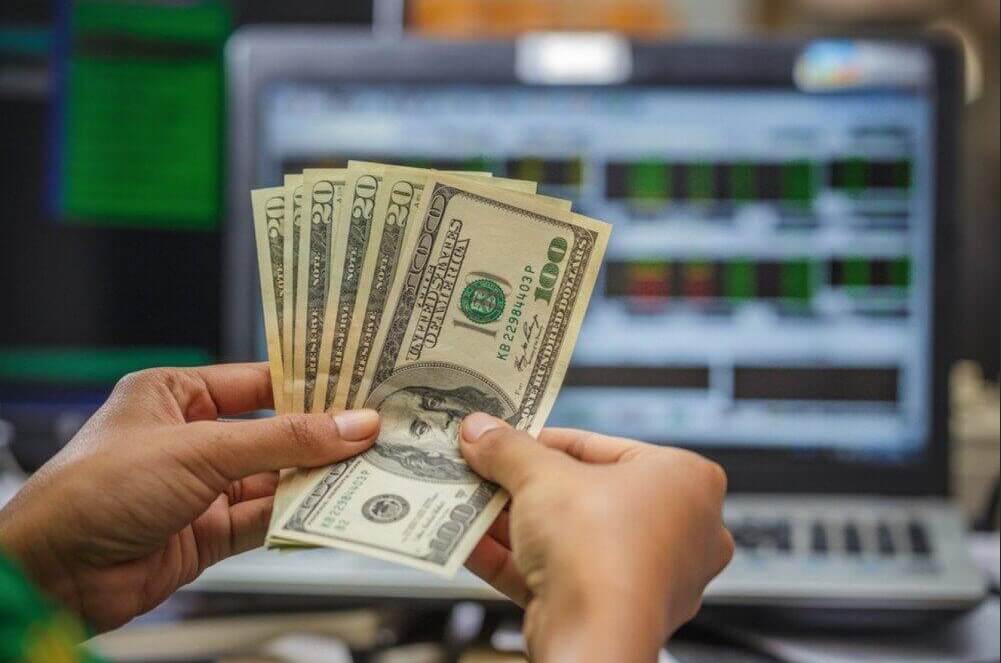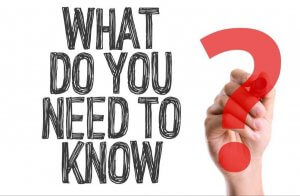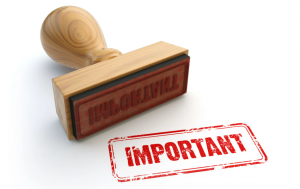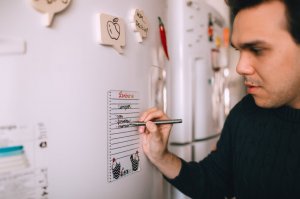Anyone who has ever considered trading currencies has pondered on the idea of whether it is a costly endeavor available to only a few well-to-do individuals on the planet. However, no matter what your starting point is, there are several questions to be answered to be able to approach this topic systematically, objectively, and pragmatically. Today, we are covering key areas of interest that will provide any interested individual with direct insight into prices, expenses, and overall monetary requirements to start trading in the spot forex market.
What Does Expensive Mean?
Before we continue with actual data on expenditures, we need to ask ourselves what we consider to be expensive. Forex enthusiasts are diverse in all possible aspects – background, professional experience, academic qualification, and income, among others. Due to these qualitative and quantitative differences, we all have a different start in terms of how financially prepared we are to cover the basic costs this market entails. As we will be discussing these later in the text, the main idea here is that some people may find 500 USD to be an exorbitant sum they had to save up gradually over time. While this group of people that needs to be careful with spending is considered to be the majority, some wealthy individuals may not have to give their expenses much thought. Therefore, whether you are like most beginners, someone who cannot afford to lose the initial investment right away, or you belong to a fortunate handful of those who need not worry as much about their finances, you will need to consider topics such as money management and trading psychology to be able to manage your traders effectively.
How Do You See Trading?
Many beginners have an ultimate goal of becoming a professional trader, often confusing the term professional for profitable. However, the only requirement traders may be lacking, in the beginning, is using real money, regardless of the amount invested. For some people, forex trading is aimed at providing for their existence, while others choose to trade currencies on the side. We have discussed before how the U.S. market’s size is big enough for the locals to enjoy great volume in a variety of markets, while forex is almost the only option for traders to build their finances in some other countries of the world. However, whether you choose to partake in different lucrative activities or direct all of your attention to trading currencies, you are a professional trader the moment you start investing your own finances. Naturally, for this to be a successful and sustainable source of income, beginners are always advised to slowly invest in education and demo test their trading knowledge.
What Part Do Your Expectations Play?
Traders often hear inviting stories about someone who was able to create an empire from scratches, starting with a 100 USD and building his finances to what you see as your dream-come-true scenario. The problem with this is that trading functions differently and there is no magic formula that will take all of your daily problems away and cover your loans and future investments in a matter of three years or so. It can be quite discouraging and stressful for any trader to enter this market thinking only about the ultimate goal, which often derails their attention from topics that are much more important. Whether your goal is to quit your job and trade alone to make a living or have a side activity to cover some of your expenses, always think about creating a solid foundation that will make this business endeavor possible and profitable down the road.
General Costs in Forex
The exact expenses depend on a number of factors such as brokers and trading styles, habits, and positions, among others. The usual minimum brokerage fee equals 500 USD although some may go down to a 100 USD limit. In terms of general expenses, most brokers offer an automatic calculator that should help you get an idea of your overall expenses and whether you see this market as worthy of your time and effort or not. Traders also need to consider commission fees charged for entering and exiting a trade. Commissions can vary substantially, so 1k lot on major currency pairs can amount to 4 cents USD, while the fee could be as high as 6 cents on more exotic pairs.
Another cost to take into consideration is spreads, i.e. the difference between the bid and the ask prices, which can, for example, be only 0.5 for major currency pairs or exceed 175.00 for more exotic currencies. You will also need to include rollover in your expenditure calculations, which is the interest differential between the two currencies comprising the pair you are holding during the time of the day when banks are closed. Aside from the previously mentioned fees, there are often other hidden costs to remember such as, for example, inactivity fees, monthly or quarterly minimums, margin costs, and the ones related to calling a broker on the phone.
Risk and Leverage
The two terms are extremely important for all traders, be they beginner-level or more advanced. In forex, we use leverage as a tool to increase returns on the initial investment. However, most traders typically struggle with overleveraging, which may lead to a loss of 25% (or more) of one’s account, which can be extremely difficult to compensate for. Traders are always advised to learn how to manage their leverage as high leverage is an inherent part of trading currencies. While starting with lower leverage is a wise decision, it is also vital that traders get used to adding leverage to the winning trades.
These steps reflect traders’ ability to exercise control over themselves and their trades, thus helping them minimize the risks in which this market is so profoundly abundant. Traders also need to ask themselves questions related to the capital they are willing to allocate to any one position, the amount of money they are ready to put at risk on a single trade, and how much exposure to risk they are comfortable with. Trading expenses, therefore, do not only stem from fixed fees traders are charged at some point, but the decisions they make along the way, which can have a severe impact on their financial stability.
Returns, Losses, and Gains
The final point to take into consideration is how you plan your finances to increase and how you expect to react to wins and losses. Our expectations often include some unrealistic return percentages that exceed the capabilities of the best traders out there. So, when we lose, we tend to increase the leverage hoping to overcome the discomfort, pushing ourselves further in the losing group. The same happens with wins because many traders view forex-related activities like gamblers, entering traders with no specific goal or criterion, which naturally affects one’s finances. Traders require a system that will explicitly tell them how and when they should enter and exit trades, which requires time and effort rather than money alone.
Last but not least, it is important to mention that most people give up trading in the first 90 days because they start investing too quickly. For you to be able to see whether this market is expensive or not, you alone need to see what your goal is and what you wish to achieve in trading. As you can see, the answer depends solely on you because, between the costs, profits, and other ventures, you will be the only person making the decisions. Forex can certainly bring money to everyone ready to learn, but you need to see whether you would be satisfied with the percentage return based on your initial investment and how you can create consistent and sustainable returns. With the right money management and proper attitude of going slow and learning steadily, any beginner can learn how to manage his/her finances and evade the challenges this market entails.





